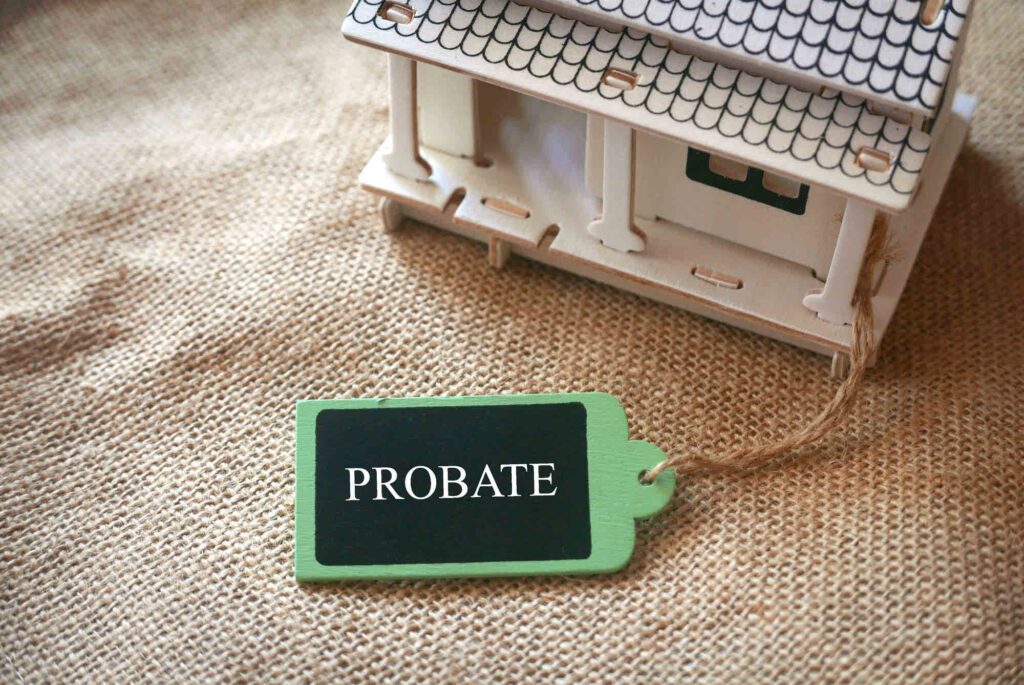When families separate, disagreements about parenting arrangements are common, and these disputes can become more complex when an Intervention Order (IVO) is in place. Parents are often left wondering how an IVO will impact parenting orders or time with their children. Navigating both family law and intervention orders can be challenging and raises important questions about how parents can safely and legally manage time with their children.
What Is an Intervention Order?
An IVO is a court order designed to protect a person from family violence, stalking, harassment, threats, or other harmful behaviour. The court may first make an interim order for immediate protection until a hearing takes place. After considering the evidence, the court may then make a final order, which can remain in place for a longer period. Although IVOs are civil orders, not criminal convictions, they are legally enforceable and must be taken seriously. A breach of an IVO is a criminal offence and can result in charges, penalties, or imprisonment.
How Intervention Orders Intersect with Parenting Matters
An IVO can have a significant impact on parenting arrangements. Conditions may prohibit a parent from attending the child’s home or school, limit the time they can spend with the child, or restrict the ways in which parents are able to communicate. While intended to keep people safe, these measures complicate handovers, school events, and day-to-day care. For example, if an IVO prohibits face-to-face communication, parents may need intermediaries or apps to organise care. To overcome these challenges, we recommend engaging in family law dispute resolution, or negotiating with the assistance of our team to put parenting arrangements in place through Family Court Orders or a Parenting Plan. The Family Law Act requires courts to consider evidence of family violence and the existence of an IVO when making parenting orders. An IVO can therefore shape both immediate arrangements and how courts balance safety with a child’s right to a relationship with both parents.
Court’s Approach to Parenting Where IVOs Exist
When an IVO is in place, the Family Law Act 1975 requires the court to prioritise the child’s best interests. Under section 60CC, the two primary considerations are: (1) the benefit of a meaningful relationship with both parents, and (2) the need to protect the child from harm, including exposure to family violence. In matters where these considerations conflict, safety is given greater weight.
Evidence of family violence, including the existence of an IVO, is relevant to the court’s decision-making. The court may find that certain risks make ordinary parenting arrangements inappropriate. As a result, practical outcomes can include ordering supervised time, suspending one parent’s time temporarily, or putting in place highly structured arrangements to manage communication and handovers safely. Each case is determined on its facts, but the overarching principle is that children should not be placed in situations that compromise their safety or wellbeing.
Practical Considerations for Parents
When an IVO overlaps with parenting arrangements, parents need to be practical about how day-to-day care is managed. Handovers may need to occur at neutral locations such as schools, contact centres, or through a trusted third party to avoid breaching the order..
Communication between parents may also be restricted, requiring the use of lawyers, parenting apps, or written correspondence rather than direct contact. In these situations, Family Court Orders, or a Parenting Plan can provide detailed guidance that addresses handovers, communication, and other aspects of care, so that co-parenting can continue smoothly without conflicting with the IVO. This is especially important where the IVO itself arises from a parenting conflict, as the Court can make Orders that override restrictive aspects of the IVO for parenting purposes, while still prioritising safety. Above all, it is essential for parents to comply with both family law parenting orders and the terms of any IVO. Failing to do so can not only disrupt parenting arrangements but may also amount to a breach with serious legal consequences.
What to Do If You Have Both Family Law and IVO Proceedings
When family law proceedings and an IVO run together, the situation can be stressful. Legal advice is essential to understand how the orders interact. Parenting orders under the Family Law Act can sometimes override restrictive aspects of an IVO, particularly where restrictions render parenting arrangements impracticable, for example by prohibiting communication or direct contact. Until clarified by the Court, however, you must comply with both the Parenting Order and IVO. Where safe, mediation or dispute resolution can also help parents reach workable arrangements that prioritise children’s safety and wellbeing. Intervention Orders can have a major impact on parenting matters and must be taken seriously. Every family’s situation is different, and tailored legal advice is essential. If you are facing parenting proceedings where an IVO is involved, our family law team can guide you through the process, explain your options, and help protect your interests and your children’s wellbeing.
The information provided in this article is general advice only. Given that each situation is unique, we recommend that you contact our experienced team of family lawyers for guidance. Our team can be contacted on (03) 9311 8911.





